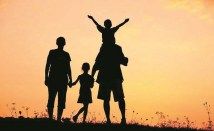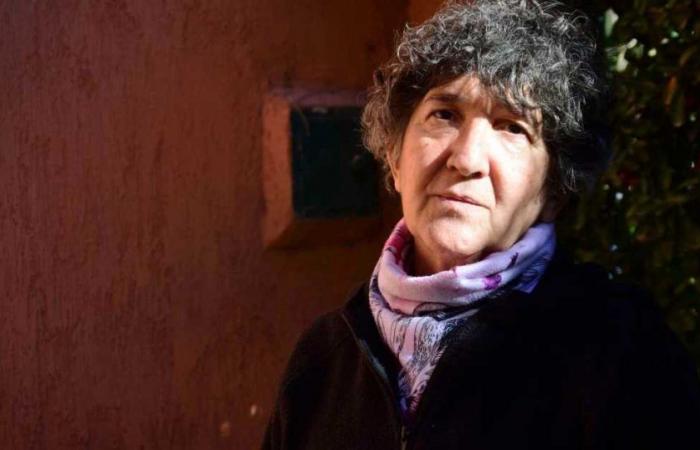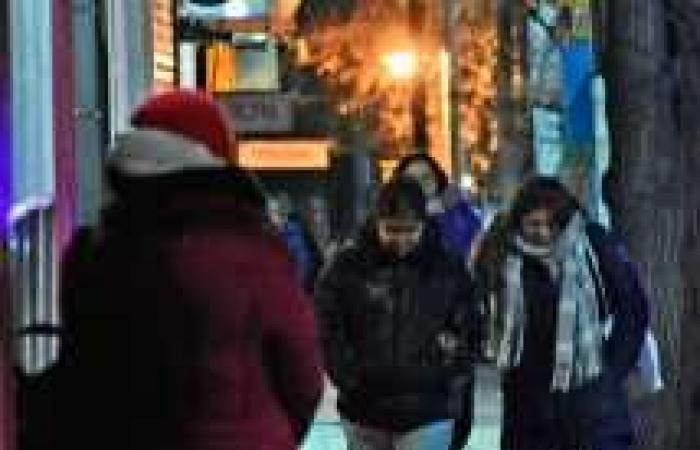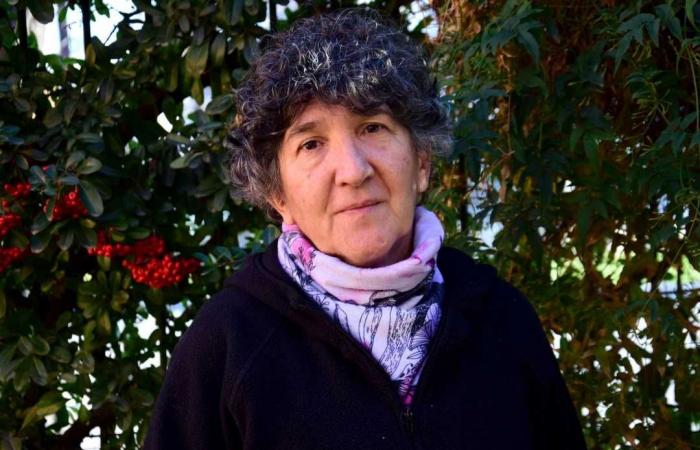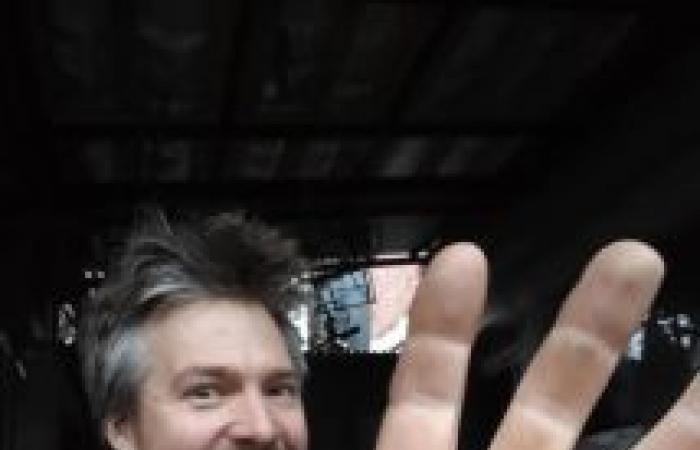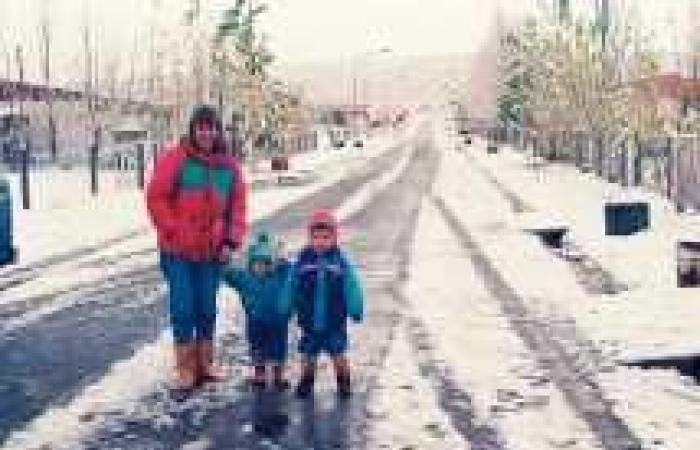After the tragedy, the crisis and an endless ordeal; Ana Mercado – the mother of the young journalist and activist murdered in Neuquén Juan Caliani – shines again on a day like today. Her flame, the flame of social psychology, is lit in her voice, in her story, to speak of her “guide to action,” a scientific discipline that taught her and many others, a way to see the world.
Ana is a renowned psychologist and social psychologist. She studied at the National University of Rosario, where she graduated in 1980. She already has a career of more than 44 years. In 1991, together with her colleague Nora Vera, they founded the “Vínculo” School of Social Psychology in Neuquén, the first in the city that has been in operation for 33 years.
As a result of their work and efforts to train, The Neuquén institution was born to stay, when Ana was just a mother for the third time, precisely with Juan, her third son. He speaks and lights up. “I get the teacher,” she ironically said. The thing is that after difficult days, the professional always prevails, she emerges and passion emerges.
For herself, approaching social psychology was to stop thinking of oneself “in solitude” in the year 1978, “adrift” in a context where “being a female Psychology student was a risky situation that we experienced daily when we entered the faculty,” she recalled.
His training in the specific discipline had its starting point in Rosario, at the Rosarino Institute of Psychosocial Studies.. In 1983, with the return of democracy, he moved to Neuquén, and from that moment on he developed activities linked to training in this branch of psychology.
The group coordinator courses at the National University of Comahue (UNCo), in agreement with the First Private School of Social Psychology and at the Roca headquarters and in Neuquén; They were key in this journey.
The “Vínculo” School of Neuquén is today a work cooperative and has a community Outreach area, where they work to promote mental health, intervening in crisis situations, in institutions, accompanying neighborhood commissions, schools; in different crisis processes that are experienced. They also offer workshops on different topics, one of which is violence in all areas.
June 25, Social Psychology Day, could not pass without talking about the creator of that discipline in the country: Enrique Pichón Riviere. In his honor and for his contribution to improving community well-being, today the anniversary is commemorated; on the day of his birth.
The psychiatrist Pichón Riviere He was born in Switzerland in 1907, but as a child his family emigrated to Argentina. His most recognized contribution was the theory of the “operational group.”as a tool of utmost importance for the study of social psychology.
“What attracted me was finding that psychology not only developed from the psychotherapeutic area, but that, hand in hand with Ana Quiroga -Pichón Riviere’s partner- it was possible to work from another conception in the field of mental health and mental health prevention,” assured about his own personal experience.
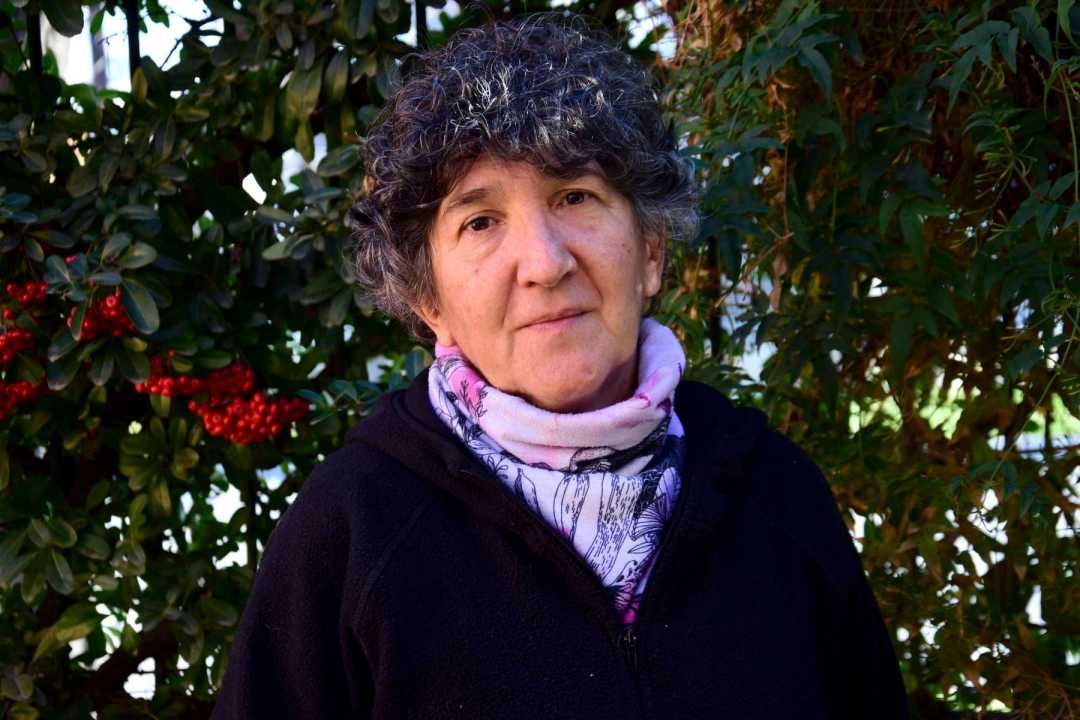
The words and theory of Pichón Riviere are valid today and are taught in a technical course. In social psychology, the task of research merges with that of intervention and operation on the reality of groups, links; in every moment.
“In moments of crisis it is collective support that sustains us, our internal supports; the neighborhood, the coworkers, the family, the family of the heart, the friends, the messages that come from different places that accompany and embrace.”
Ana Mercado, social psychologist, director of the Vínculos de Neuquén school.
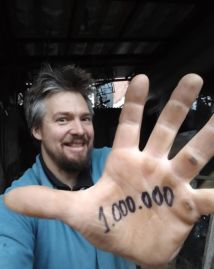
Crises and the collective
“The support in processes that have to do with crisesin the life of the people and in the life of the subjects”said Ana about this branch.
Social psychology does so from a critical perspective that is encouraged to position itself on phenomena, conflicts, in social processes. –from science- but with a perspective that denaturalizes facts of daily life such as violence, poverty, and class issues.
“As Pichón Riviere precisely pointed out, there is a fundamental relationship between the personal and the collective.” Said in the most “pichoniana” words: “There is nothing in the subject that is not the result of links, of relationships, and that the subject is essentially social. This is being able to understand that the focus, the emphasis, is placed on that indissoluble union between social processes and subjectivity,” he stated.
This school of thought starts from understanding that every place and at every moment there is a specific problem to address. “There is a general framework but there is also a specificity of how crises are expressed in each place. It is an approach that does not universalize, but rather seeks particularity,” Ana said.
In crises, difficult moments in history such as the Malvinas war, the floods in Santa Fe, the murder of soldier Carrasco in Neuquén; They intervened “because of the commitment to the suffering and the psychological social suffering that we have gone through.” and that we go through,” he said.
“The CConflicts have a dimension that is personal and they also have a dimension that is group, social and community. If we approach from that place, the understanding will be much more comprehensive. but also, the intervention will aim to enhance the collective, to know that precisely there are the tools to be able to face crisis situations,” said Ana, In the integrality of who she is today, a reference in social psychology, but also a mother and woman in search of justice.
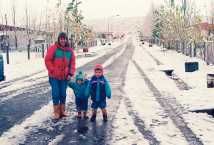
Social conflict and period pathologies
For the reference, Social conflict has to do precisely with the preponderance of discourses that deny humanity, deniers of the empathetic relationship with the other, of thinking and carrying out collective projects.
“That thought that is at the service of subjugation, of the isolation of people, (individualism) where each person has to save themselves from meritocracy (and every man for himself), without taking into account the factors that generate and produce inequality. That inequality that makes us sick, makes us suffer, and also makes us take responsibility even for our own suffering,” he explained.
“It is essential to understand this: suffering is experienced, each person experiences it in a particular way, but there is an issue that has to do with that “deep union between the social and subjectivity that means that in each social and historical moment we get sick from certain things and not from others.” Ana clarified.
In this historical moment, the predominant pathologies have to do with “addictions, depression, anxiety disorders and there is a growing concern about suicides”, He detailed and closed: “This is a suffering of this time, of this social system.”
